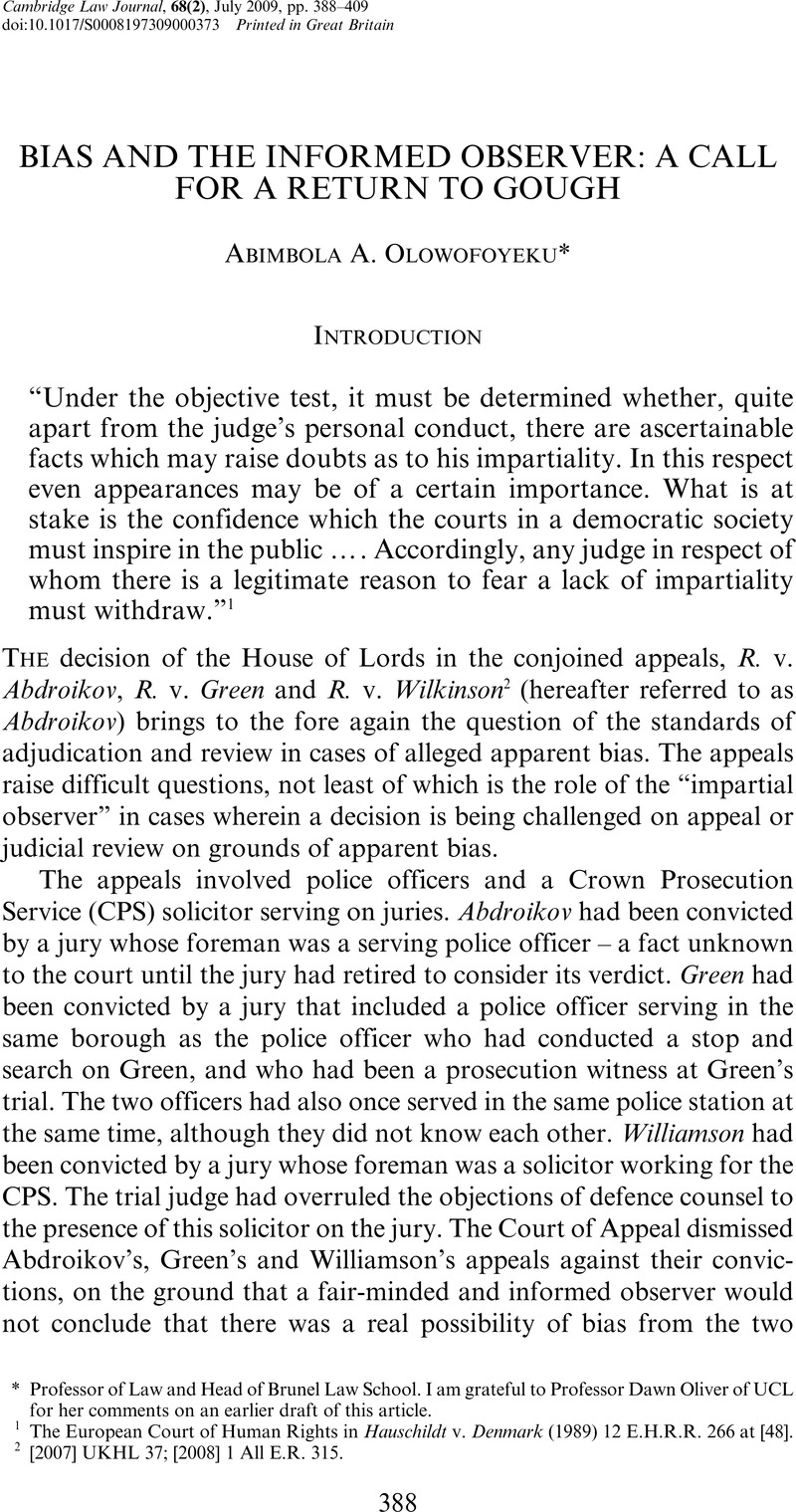Auckland Casino Ltd V Casino Control Authority 1995 1 Nzlr 142
Auckland Casino Limited v Casino Control Authority 1995 1 NZLR 142 (Court of Appeal). Auckland Casino Limited v Casino Control Authority, High Court, 31 August 1994, Robertson J. Acting (with P Salmon QC) for the second respondent, Sky Tower Casino Ltd in its successful defence of a judicial review challenge to a decision by the Casino. 3 Pacer Kerridge Cinemas Ltd v The Hutt City Council (HC, Auckland, M 896/92, 18 December 1992, Williams J); Auckland Casino Ltd v Casino Control Authority 1995 1 NZLR 142 (CA). The writer appeared as one of the counsel for the second respondent in the latter case. 4 Travis Holdings Ltd v Christchurch City Council 1993 3 NZLR 32 (Tipping J).
- Auckland Casino Ltd V Casino Control Authority 1995 1 Nzlr 142 Download
- Auckland Casino Ltd V Casino Control Authority 1995 1 Nzlr 142 -
- Auckland Casino Ltd V Casino Control Authority 1995 1 Nzlr 142 2

Q11: Will the decision-maker be seen to have an open mind?
Auckland Casino Ltd V Casino Control Authority 1995 1 Nzlr 142 Download
Fairness requires decision-makers to approach issues with an open mind. Decisions must be taken fairly, and seen to be taken fairly.
The rules against bias and predetermination prevent pre-judgement or conflicts of interest. Affected persons may require decision-makers who are perceived not to be neutral to stand aside.
Auckland Casino Ltd V Casino Control Authority 1995 1 Nzlr 142 -
Direct or indirect financial (pecuniary)interest (e.g. where the financial interest of a family member is affected)will rule out a decision-maker. It isvery likely that any decision would not survive a challenge in these cases.
For non-pecuniary interests, the test for disqualification is whether a fair‑minded and informed lay observer would reasonably apprehend that the decision-maker might not bring an impartial mind to the resolution of the question. This does not mean, however, that a decision-maker cannot form or hold preliminary views. Ministers, for example, will hold views based on their experience or elected platform and do not need to empty their minds of these views – as long as they remain open to persuasion.



Auckland Casino Ltd V Casino Control Authority 1995 1 Nzlr 142 2
The type of decision also matters – for purely commercial or procurement decisions, for example, the Courts have accepted that decision-makers may bring strongly held or adverse views to the process. What is required is honesty and a willingness to consider information which might change the view.
A party to a decision may also waive (or be deemed to have waived) its objection to a decision-maker who would otherwise be disqualified for bias.
The decision-maker must also not allow another person to have a decisive say in the matter, or on how to make the decision, or ‘rubber stamp’ the decision of someone else. If any of these things occur, the decision-maker may be said to have acted under dictation and the decision-making power would not have been properly exercised.
The decision-maker can consult with or receive advice from others – but must make the ultimate decision independently from other people.